Vocabulary development Normal Alphabet Worksheets for 4-Year-Olds
10 filtered results
-
From - To
Enhance your child's vocabulary with our engaging Normal Alphabet Worksheets designed specifically for 4-year-olds! These worksheets focus on vocabulary development by introducing young learners to essential words and concepts associated with each letter of the alphabet. Through fun activities such as tracing, matching, and labeling pictures, children will expand their word recognition and language skills while enhancing their fine motor abilities. Perfect for at-home learning or classroom use, these colorful and interactive resources encourage early literacy and make learning enjoyable. Give your child a head start in their educational journey with our expertly crafted alphabet worksheets today!
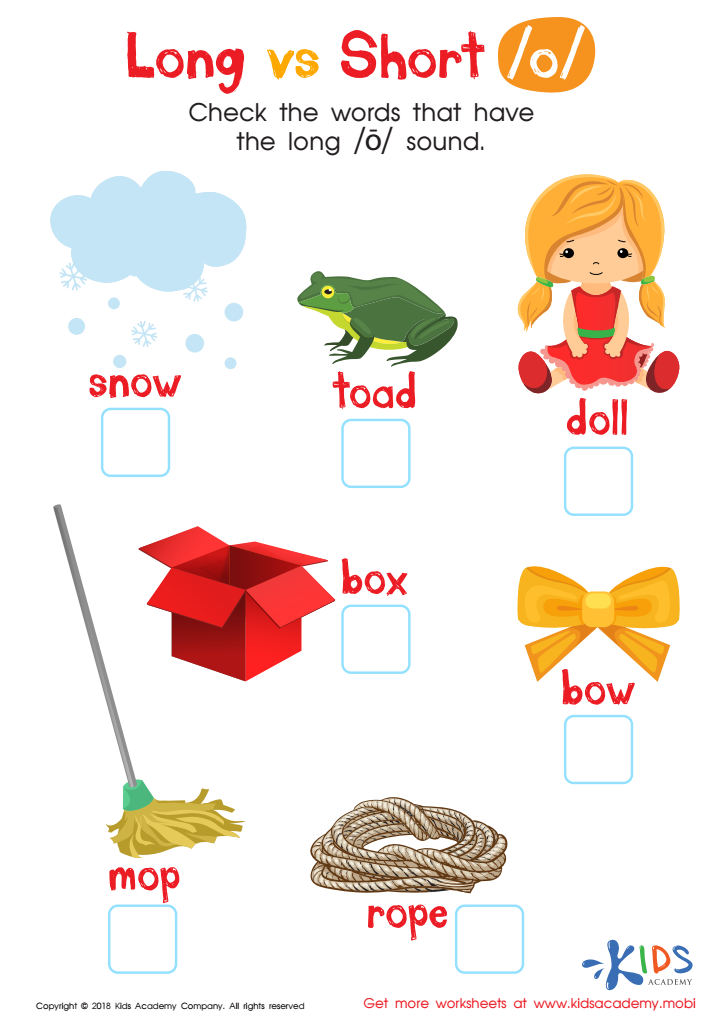

Long vs Short O Reading Worksheet
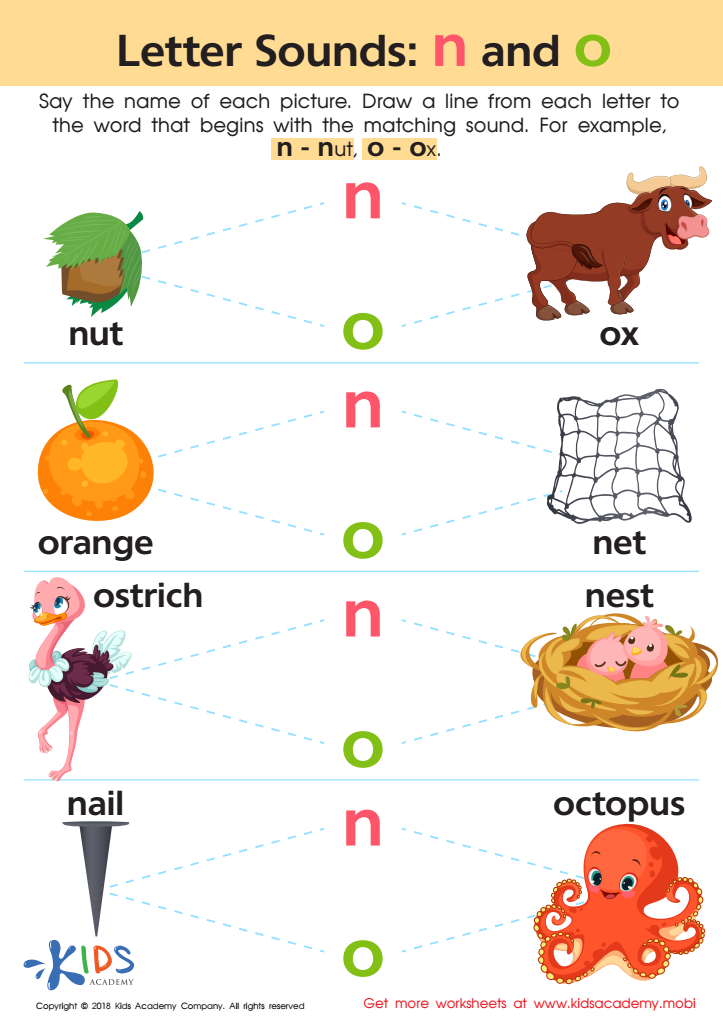

Letter N and O Sounds Worksheet


Vowel and Consonant Sounds: Assessment Worksheet
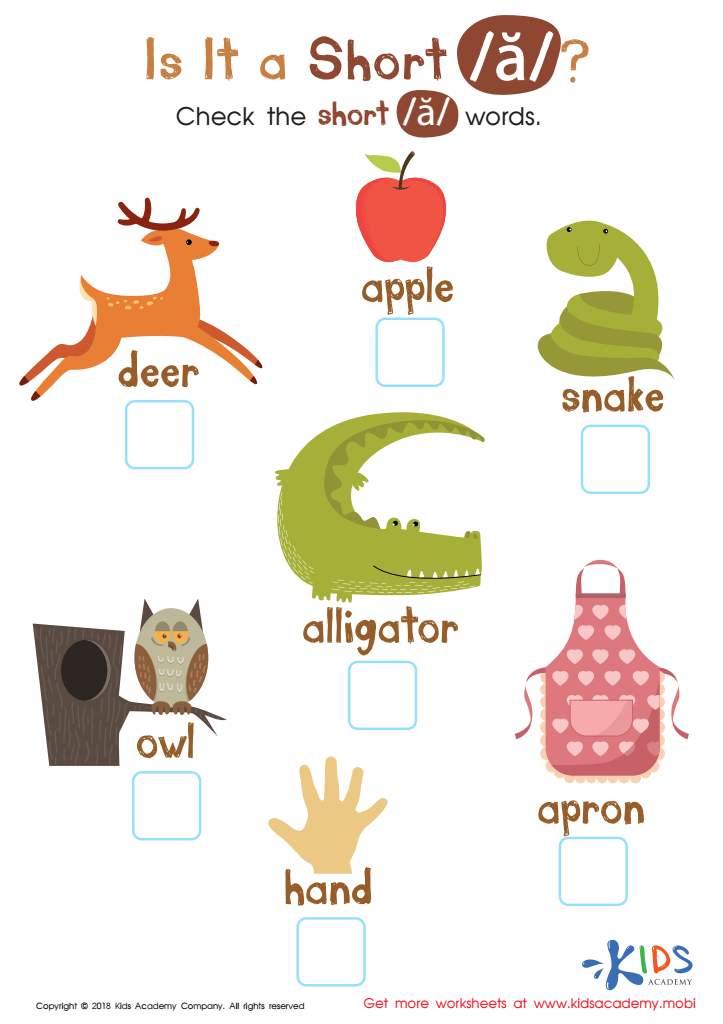

Is It Short A? Reading Worksheet
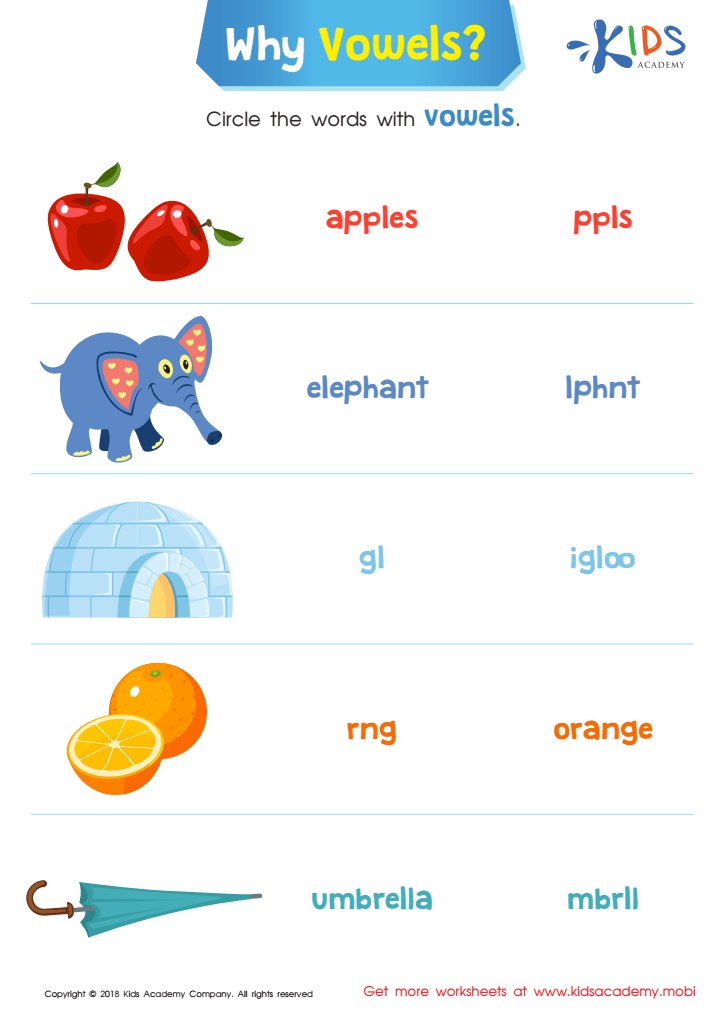

Why Vowels? Reading Worksheet
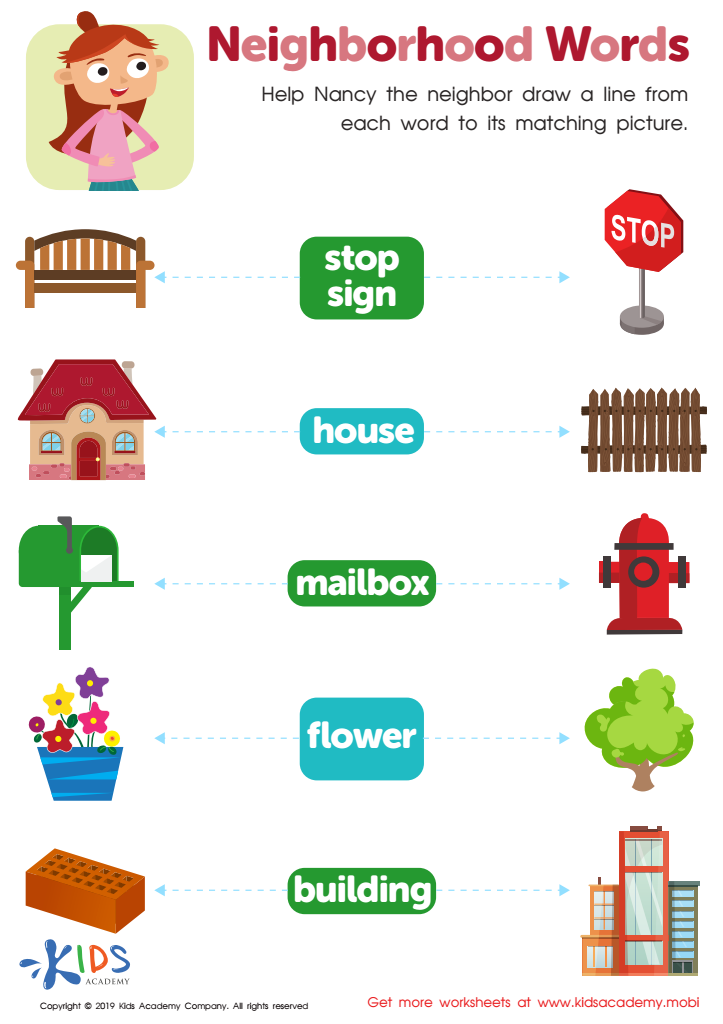

Neighborhood Words Worksheet
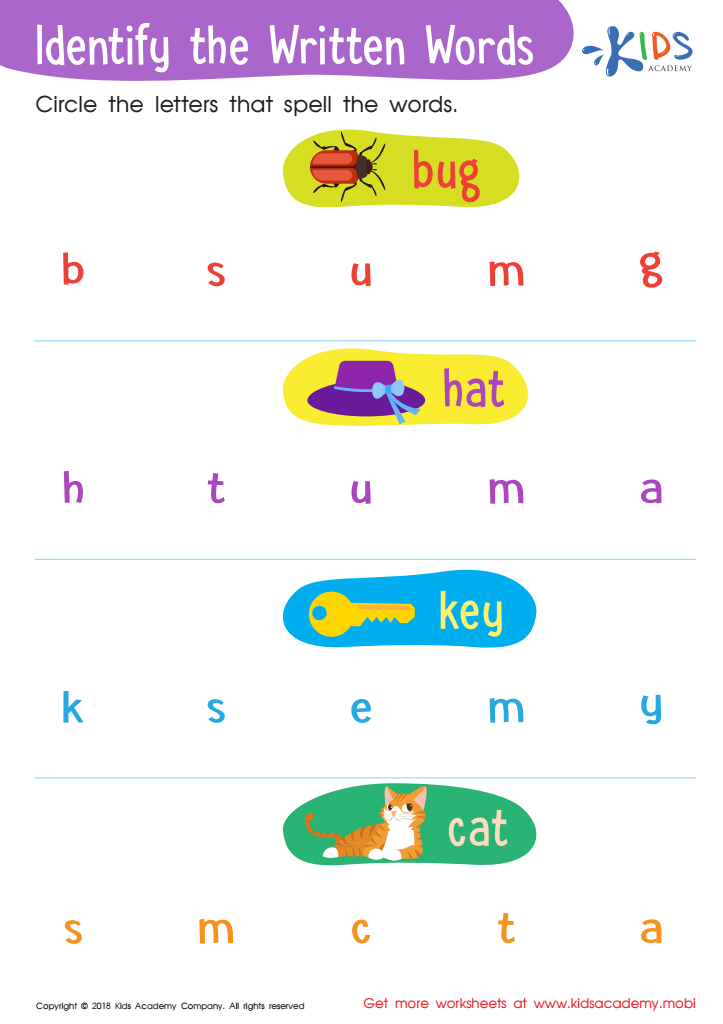

Identify the Written Words Worksheet
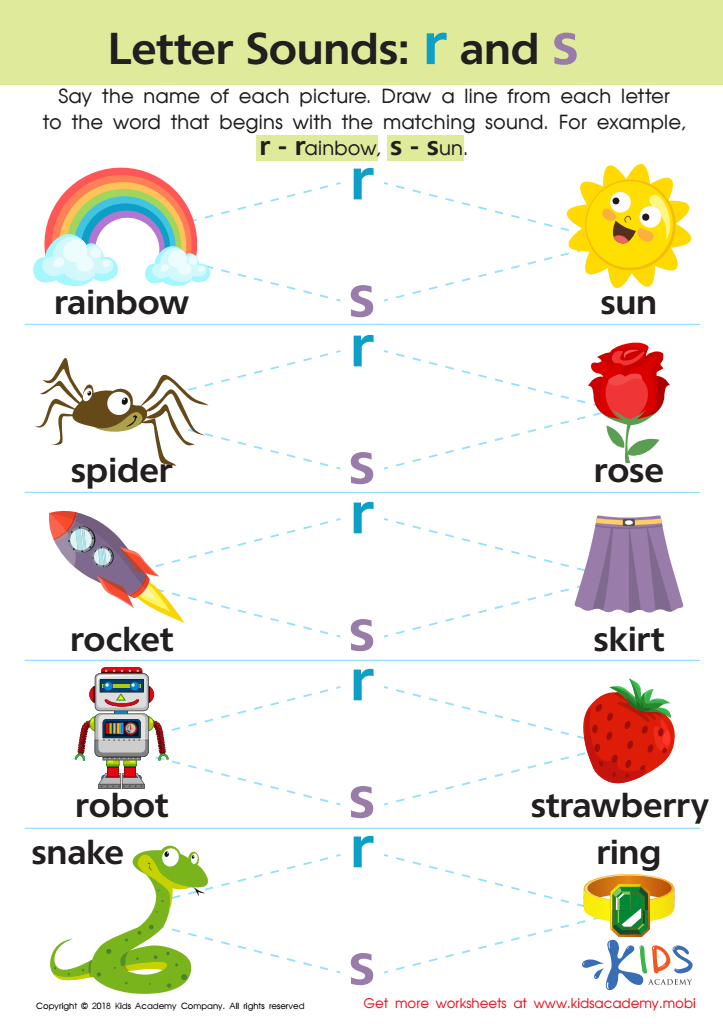

Letter R and S Sounds Worksheet


Phonological Awareness: Assessment 1 Worksheet
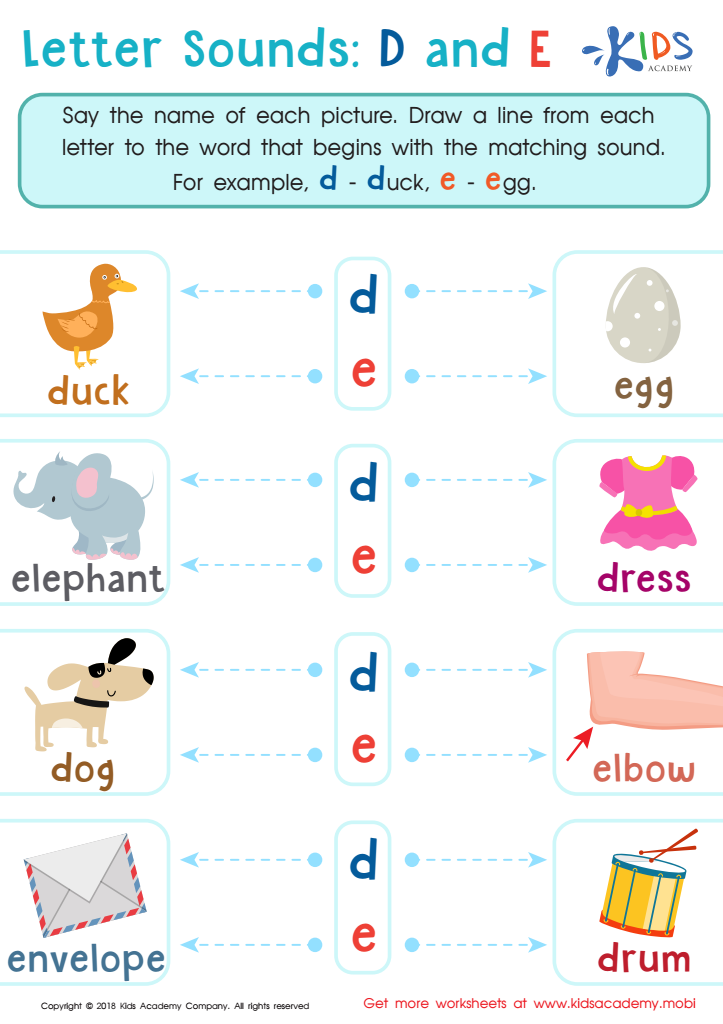

Letter D and E Sounds Worksheet
Vocabulary development in four-year-olds is crucial for their overall language and cognitive growth. At this age, children are naturally curious and eager to communicate their thoughts and needs. A rich vocabulary helps them express themselves clearly, facilitates effective communication, and lays the foundation for successful social interactions.
When parents and teachers actively engage in vocabulary enrichment, they help children acquire new words through everyday conversations, reading sessions, and playful activities. This not only enhances children's understanding of language but also boosts their educational readiness. Strong vocabulary skills are directly linked to later academic success, as children with a solid word bank are better equipped to grasp complex concepts and engage with diverse subjects in school.
Moreover, promoting vocabulary development fosters emotional intelligence. With a robust vocabulary, children can articulate their feelings, ask questions, and share experiences, which helps them navigate their social environments. This also encourages a love for learning as they become more confident communicators.
Ultimately, when parents and teachers prioritize vocabulary development, they invest in a child's future, ensuring they possess the skills necessary for effective communication, critical thinking, and lifelong learning. Supporting vocabulary growth at this formative stage significantly influences a child's success in school and beyond.

 Assign to My Students
Assign to My Students





















